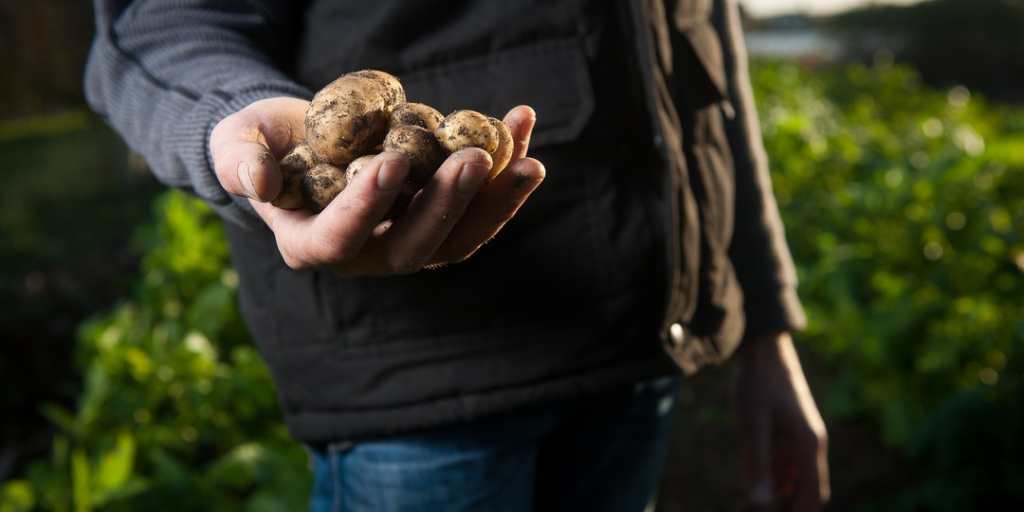Farming: Growing your food the organic way
Go to your garden (if you do not have one, it is about time to think about solving that) and grab a handful of soil from it. Checkmark the option that best fits what you see: it has been so drenched with herbicides, insecticides, rodenticides, and fungicides that it seems virtually sterile, or, it teems with earthworms, insects, and microorganisms of all sorts.
If your soil is pulsing with life, the chances are that, knowingly or unknowingly, you are applying the principles of organic gardening.
Now, what is the importance of this subject? According to the book Pesticide Alert, “in the summer of 1985, nearly 1,000 people in several Western states [of the United States] and Canada were poisoned by residues of the pesticide Temik in watermelons.” Scientists have developed poisons that are even more dangerous because some pests have become immune to repeated applications of those very pesticides. To cap it all these potent chemicals have then leached into the groundwater and have contaminated our precious water supply.
But, were you aware of the fact that some plants can control the pest population of your garden? For example, nematodes (parasitic roundworms that feed on living material) attack the roots of many plants and weaken them, but at the same time, they keep their distance from marigolds. And white cabbage butterflies are repelled by rosemary, sage, or thyme when these are planted near cabbage.
On the other hand, what about working along with useful natural “allies” while you grow your food? The amazing earthworm is the best soil engineer at improving the soil in your garden. As it tunnels deep into the ground—as far down as 12 feet [4 m]—the earthworm aerates the soil, brings various minerals toward the surface, and provides better drainage for water. In the process, this helper also leaves behind castings that, according to the book Step by Step Organic Vegetable Gardening, are “five times as rich in nitrogen, phosphorus, and potassium [as] the surrounding soil.”

We are happy to show you the opportunity of learning all those lessons at our Farming program, like the one we hold at Etosoto Formentera. One of our primary goals is sharing a real philosophy of life from the point of relearning to observe nature and preserve it is paramount today.
Among the many benefits of joining the Farming movement with us, we can mention:
-Creating and maintaining a productive, sustainable garden in the ground or balcony of your home.
-Helping you manage a healthier way of growing your food while consuming less energy.
-Learning how to effective join permaculture and organic vegetables so you can find the best choices of species and varieties for the place and season.
-Teaching you how to produce crops that do not harm the environment but contribute to its sustainability.
-Creating conscience on the necessity of producing crops at accessible prices for consumers and fair conditions and pay for producers.
All these valuable lessons are taught by genuinely committed teachers like Matthew Robertson, who will help you get the best from your green space. But we count on many other experiences you can discover at Etosoto. Check our videos, enjoy our facilities and get related to our creative and innovative vision.

